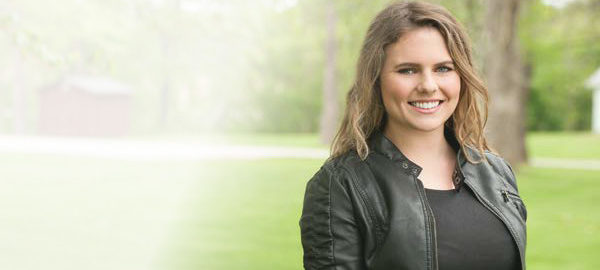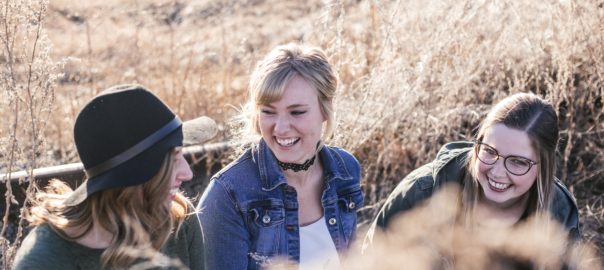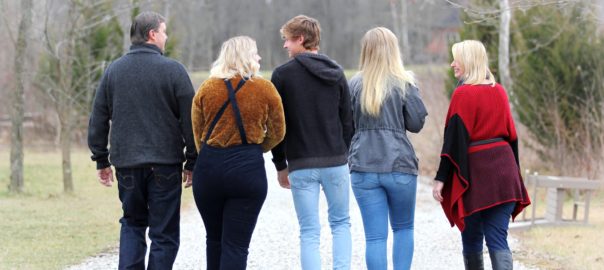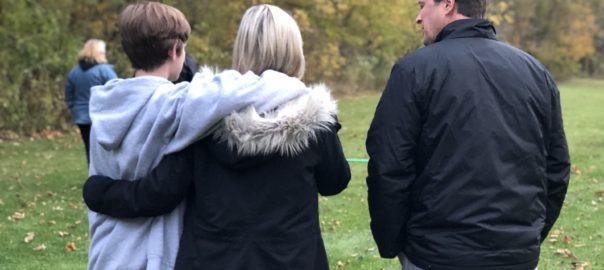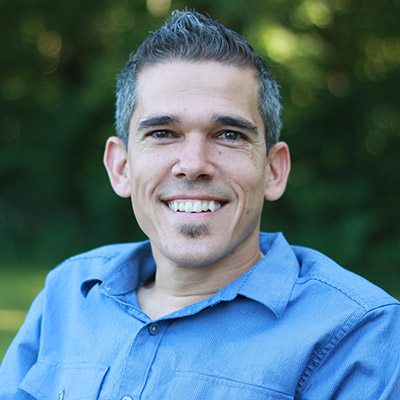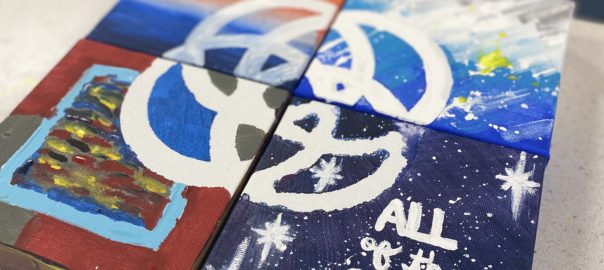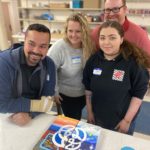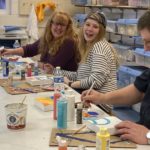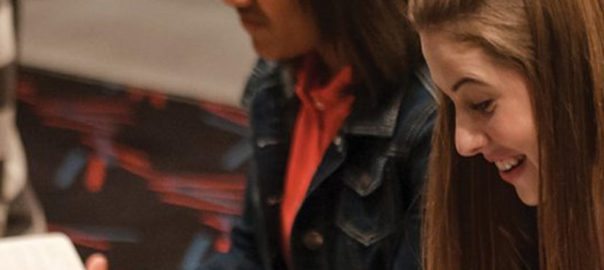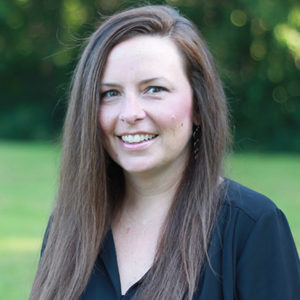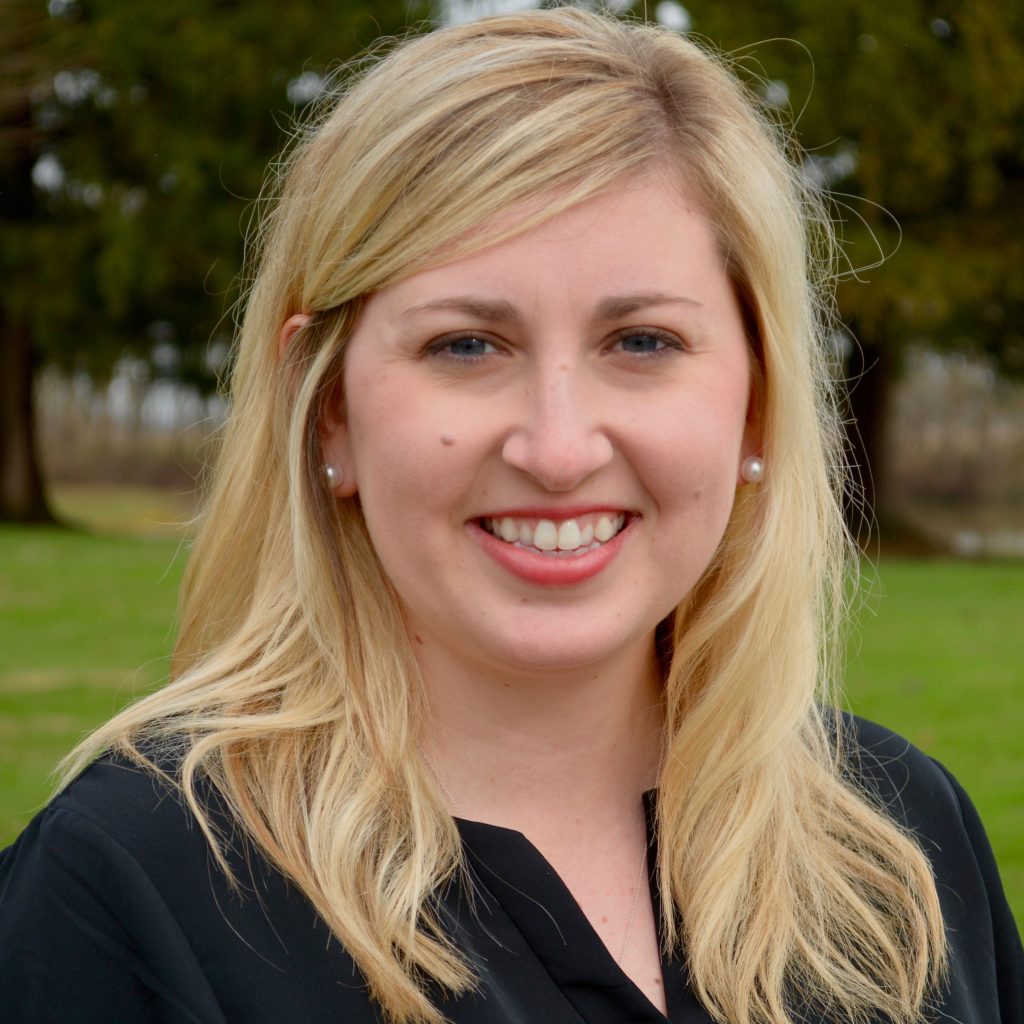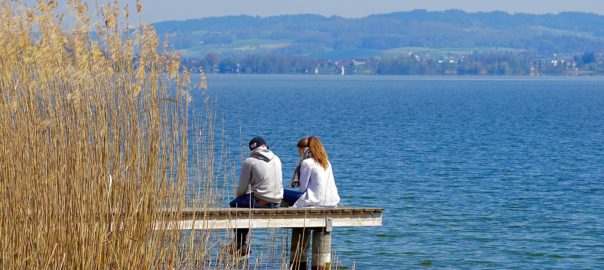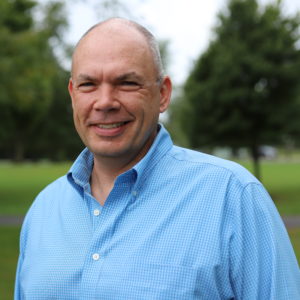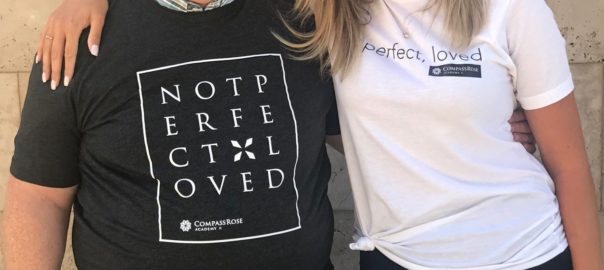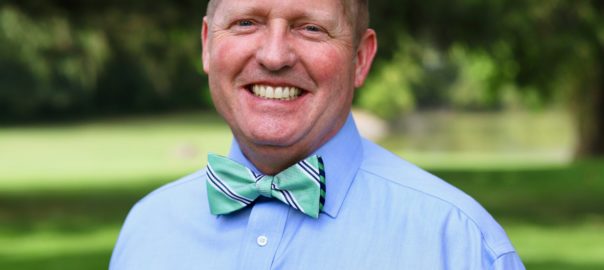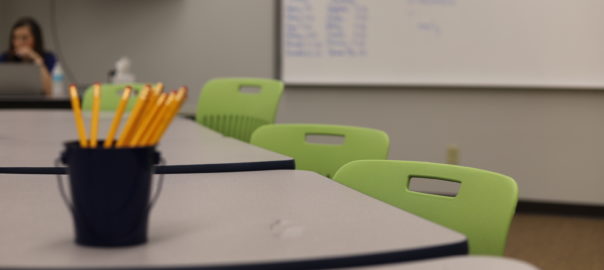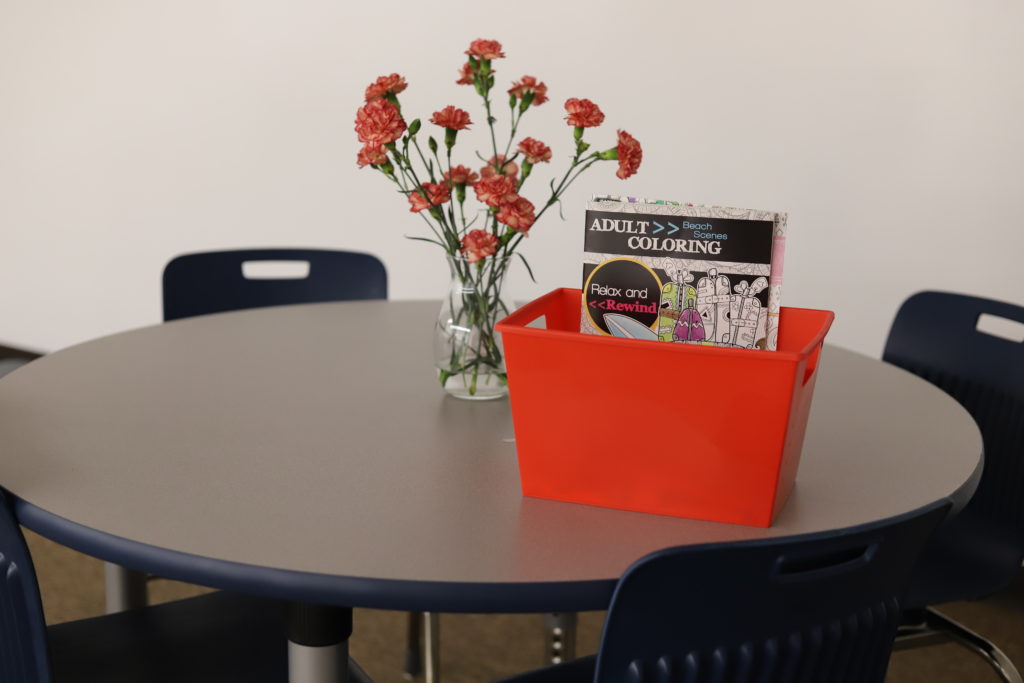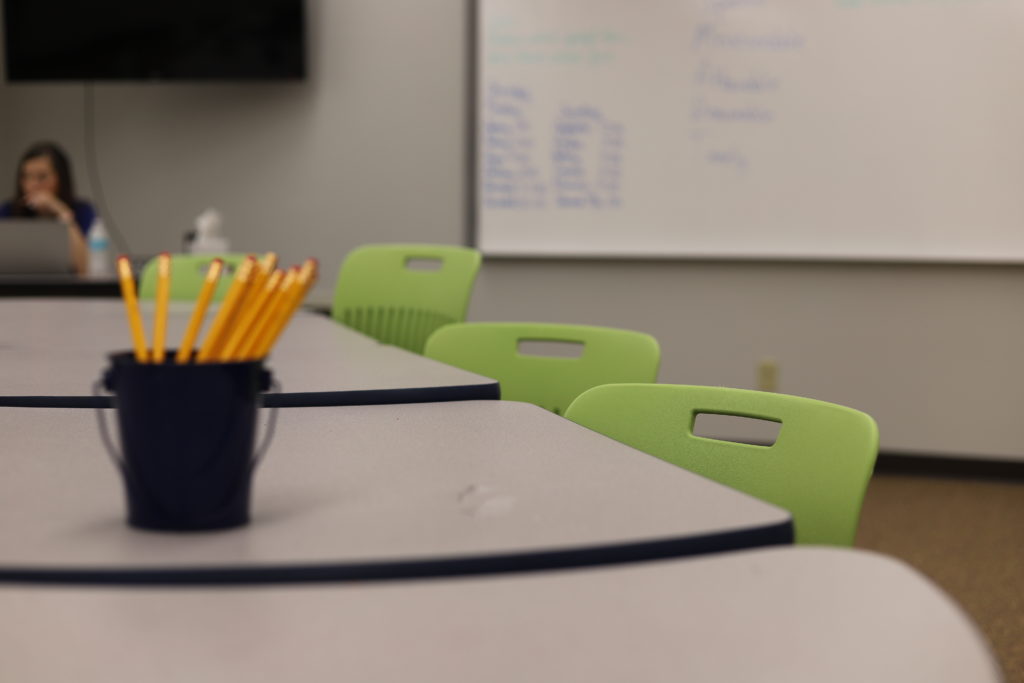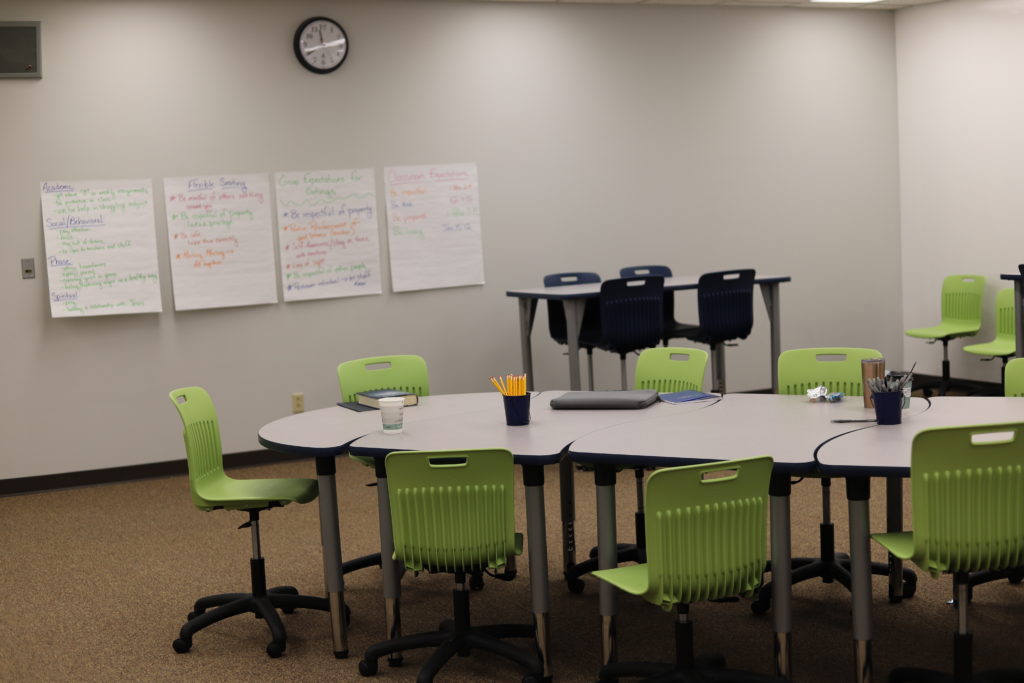Wabash, IN, May 28th, 2020—Compass Rose Academy solidified their vision and commitment to providing services for families in crisis by announcing the formation of the Compass Rose Academy Board of Directors. In 2012 the parent organization, White’s Residential and Family Services, expanded their footprint in the therapeutic industry by launching a parent choice residential treatment program serving families in crisis nationally. Their vision for the future in an ever-changing therapeutic industry led the agency to create Compass Rose Academy. This program directly provides access to critical treatment services for families in crisis. Compass Rose Academy is very aware families today are dealing with trauma, addictions, relational struggles, and mental health needs at a pace no other generation of families have experienced.
According to the Center for Disease Control and Prevention, the suicide rate in the United States rose 31% from 2001-2017. Our nation’s tragic rate of suicide is the second leading cause of death among our young people. A 2017 National Survey on Drug Use and Health found that 20% of adolescents suffered a major depressive episode. Of all teens who suffered an episode, over 60 % received no treatment whatsoever for their depression. Out of that need, and to come to the aid of the increasing number of teen girls suffering from mental illness and the often attendant behavioral issues, Compass Rose Academy was opened.
Compass Rose Academy’s vision is moving forward in response to an increasing demand for therapeutic residential services for teen girls nationwide. The parent organization, White’s Residential and Family Services, has made the decision to incorporate Compass Rose Academy as a subsidiary of White’s. The new Board of Directors has been formed to guide and guard the mission of Compass Rose Academy and will continue charting the future direction to bring hope, growth, and healing to the families they serve.
“Compass Rose is an amazing organization and is distinctly both Christian and Clinical. It provides a life-changing opportunity for teenage girls who desperately need the environment provided at Compass Rose. It provides a place for healing and growing. When I was first introduced to Compass Rose, I was profoundly impacted with the breadth and depth of the student offerings and the quality of the team—both the leadership and operational teams. It is an organization grounded deeply in Christian values and all who are involved demonstrate those values in every aspect of their work with our students. I am grateful for having the opportunity to serve on the Compass Rose Board of Directors,” said Dave Haist, Board President of Compass Rose Academy.
Compass Rose Academy welcomes the new Board of Directors: President, Dave Haist; Vice President, Pat Morrow; Board Secretary, Lisa Ford; Director, Michele Boguslofski; Director, David LePere; Director, Tom Cochran. Visit www.compassroseacademy.org/leadership for more information regarding the Board of Directors.
“This is a pivotal moment in the history of White’s and a defining moment in the future of Compass Rose Academy. We are experiencing what happens when vision and mission align and pave the way for the future. The strategic direction for both agencies has never waivered. Compass Rose Academy’s commitment to providing a Christian and Clinical approach to restoring families will remain,” stated Ron Evans, President and CEO of White’s.
Since 2012, Compass Rose Academy has been providing residential treatment services for teen girls and families in crisis. For over 170 years, White’s Residential and Family Services has provided hope and transformation through Christ to children and families in crisis through foster care, residential treatment, and community-based services. Together these organizations will continue the mission of providing accesses to quality treatment and a place rebuild and restore families.

